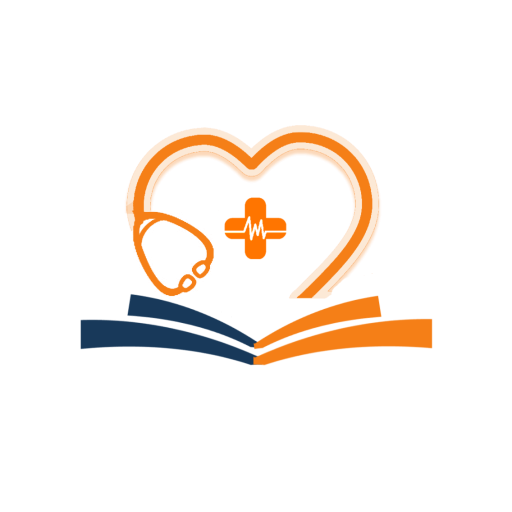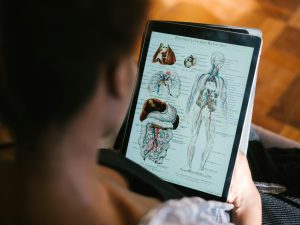- Description
- Curriculum
- Reviews
- Grade
This course offers a complete overview of the NCLEX-RN exam and the essential knowledge needed to succeed. It explains the purpose of the exam, how competency is assessed, and how the Computer Adaptive Testing system tailors questions to each candidate. You’ll explore the full structure of the test, including the Next Generation format, the clinical-judgment model, and all question types used on the exam.
Alongside the exam framework, the course walks through the major client-needs categories and the core priority-setting methods such as ABCs, Maslow’s hierarchy, safety principles, and the nursing process. The content also covers the major body systems—cardiovascular, respiratory, neurological, endocrine, gastrointestinal, renal, musculoskeletal, reproductive, and more—highlighting the key conditions, assessments, and interventions commonly tested.
By the end, students develop a strong understanding of how the NCLEX works, what it measures, and how to apply clinical thinking across all systems to answer both standard and scenario-based questions with confidence.
-
2Management of Care and Safety and Infection Prevention
This lesson introduces the core NCLEX concepts behind managing care safely and preventing harm. It walks you through how nurses prioritise clients, delegate tasks appropriately, and make decisions using frameworks like ABCs, Maslow, ADPIE, and safety-risk reduction. You also learn key ethical principles, safe communication practices, and documentation rules that protect both clients and nurses. The session then covers essential infection-control measures, including standard and transmission-based precautions, PPE requirements, sterile technique, environmental safety, and sharps handling. High-yield scenarios and practice questions help you apply these concepts the same way they appear on the NCLEX
-
3Quiz: Ethical and Legal Issues
Test your understanding of ethical principles and legal responsibilities commonly assessed on the NCLEX. This quiz covers autonomy, beneficence, non-maleficence, justice, veracity, fidelity, informed consent, confidentiality, scope of practice, delegation, and accountability—key decision points that appear in prioritisation and professional judgment questions.
-
4Quiz: Safety and Infection Prevention
Assess your readiness for NCLEX safety questions with this quiz covering standard precautions, transmission-based precautions, PPE use, hand hygiene, sharps safety, isolation practices, and prevention of healthcare-associated infections. Designed to strengthen clinical judgment in scenarios where patient and staff safety are the priority.
-
5Fluids, Electrolytes, and Acid-Base Imbalances
Strengthen your NCLEX performance by mastering fluid distribution, capillary microcirculation, osmosis, intravenous solutions and tonicity, fluid volume deficits and excesses, major electrolyte imbalances, and nursing priorities for safe correction. This lesson also covers potassium, calcium, magnesium, and sodium disturbances, ECG changes related to electrolyte imbalance, and acid–base balance including respiratory and metabolic acidosis and alkalosis—core concepts frequently tested in NCLEX clinical judgment questions.
-
6Quiz: Electrolyte Imbalances
Challenge your NCLEX readiness with this quiz on electrolyte imbalances, including sodium, potassium, calcium, magnesium, and phosphate disturbances. Focus areas include recognizing abnormal lab values, associated clinical manifestations, cardiac and neuromuscular risks, and nursing priorities for safe monitoring and correction.
-
11NCLEX Prioritization Secrets Video
-
12Mastering NCLEX Delegation in Nursing
-
13Neuroleptic Malignant Syndrome: The Deadly Effects You MUST Know!
-
14Myasthenia Gravis NCLEX Review | Signs, Symptoms, and Key Nursing Priorities
-
15Preeclampsia | Key Signs, Causes, and Medical Care
-
16HELLP Syndrome Explained | Causes, Symptoms, and Life-Saving Treatment
-
17Cushing’s Triad Explained Simply | The Brain’s Last Warning Sign




